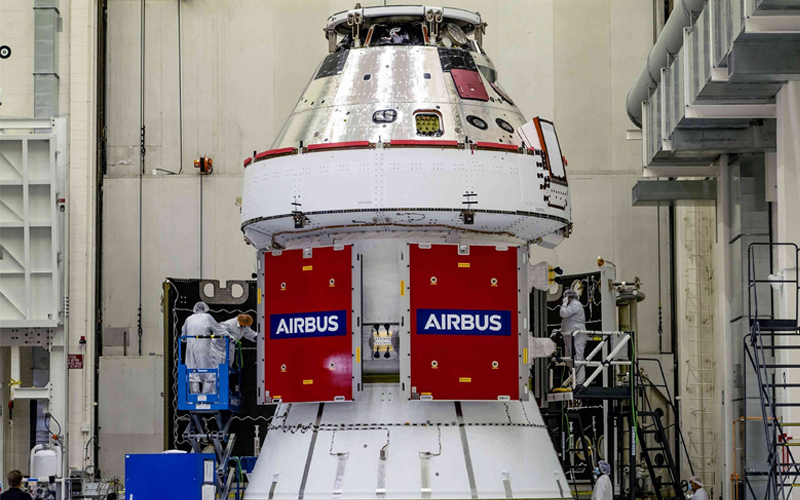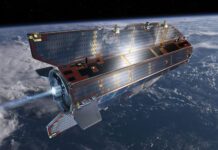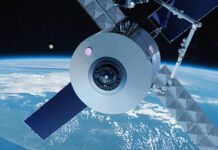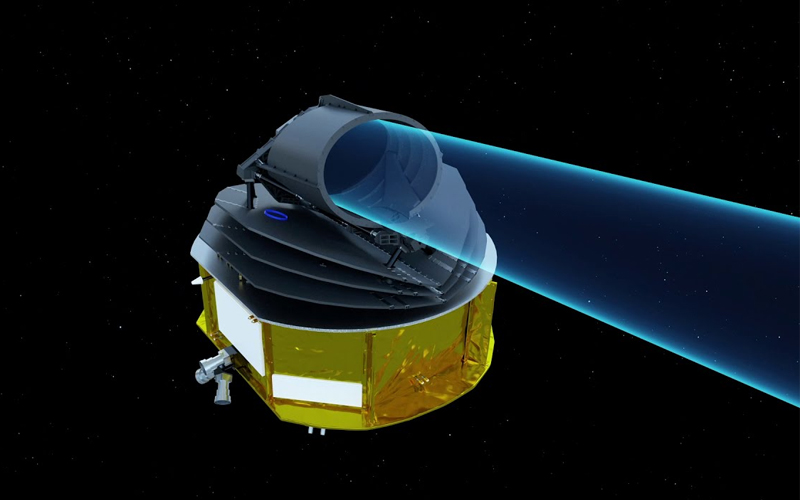
Airbus Defence and Space announced October 6 that the first European Service Module to carry a crew as part of NASA’s Artemis program is ready for delivery.
The European Service Module (ESM) is the powerhouse of NASA’s next-generation Orion spacecraft. The module supplies the spacecraft with propulsion, power, thermal control, and consumables like water and oxygen.
The delivery of the second of six ESMs Airbus is contracted to produce is currently being prepared for delivery to NASA’s Kennedy Space Center in Florida from the Airbus production facility in Bremen, Germany aboard an Antonov cargo aircraft.
ESM-2 will be the first to carry a crew into orbit as part of NASA’s Artemis 2 mission. Currently slated to launch in September 2023, the mission will carry a crew of up to four astronauts around the Moon. It will be the first crewed spacecraft to travel beyond low Earth orbit since Apollo 17 in 1972.
“Delivery of the second European Service Module for NASA’s Orion spacecraft marks another huge step forward on the journey to return astronauts to the Moon,” said Andreas Hammer, Head of Space Exploration at Airbus.
Once it arrives in Florida, ESM-2 will be mated with the Artemis 2 Orion Crew Module. It will then be put through extensive testing before integration with its SLS launch vehicle. This process is expected to take approximately two years.
The third ESM is currently undergoing assembly at the Bremen facility. ESM-3 will be utilised for the Artemis 3 mission which is expected to return human beings to the surface of the Moon for the first time since the Apollo program. In February, Airbus said that they were on track to deliver ESM-3 by October 2022.
[yop_poll id=”1″]





